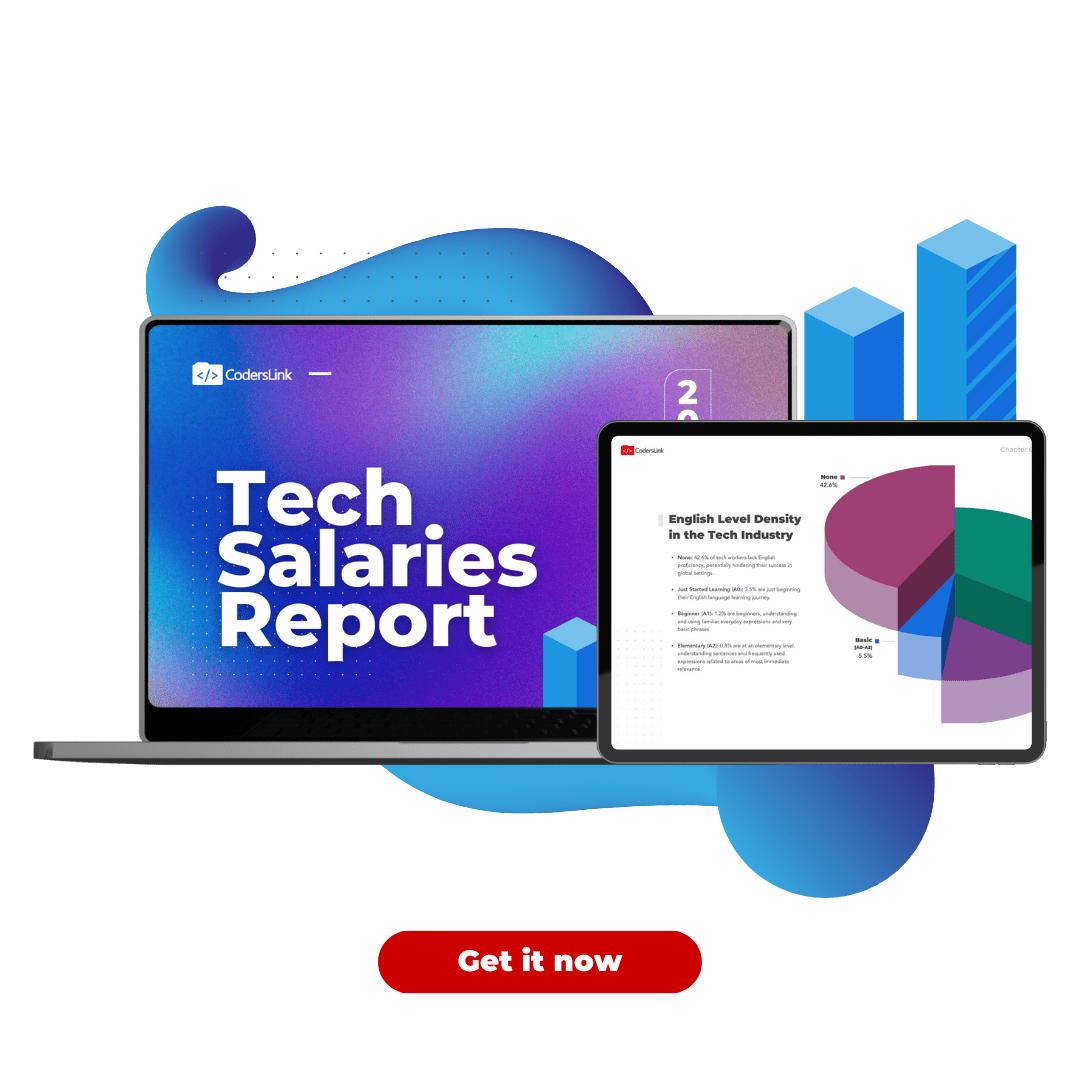
Growing a team abroad? An employer of record is a must.
It’s no secret that finding the right IT talent for your organization can be challenging. Factor in the rising cost of developers in the United States–as well as the ongoing shortage of top-tier software and IT engineers–and it’s easy to understand why more and more businesses are looking to untapped markets like Latin America to scale their tech teams.
But with that, of course, comes a new set of challenges such as navigating the laws, regulations, and the culture of the country where you’re seeking to hire. That’s where an Employer of Record comes in.
What is an Employer of Record?
An employer of record (EOR) is a company who hires, manages HR and payroll, and pays local taxes for your company’s remote employees. Unlike a payroll company, an EOR takes on all the risk and liabilities since, on paper, they are the legal employer.
Your company, however, still manages the day-to-day of the employees and makes all hiring and termination decisions–all without the burden of managing payroll, HR, and taxes or the worry of violating local labor laws and regulations.
What are the Benefits of Working with an EOR?
For companies wanting to outsource jobs abroad, an EOR eliminates the need to establish a legal entity in their international employees’ countries, a process that is complex, expensive, and lengthy (like several-months-to-even-years lengthy).
In addition to saving you time and money, an EOR offers:
- Access to the best of the best: An EOR not only helps you find fully-vetted, high-quality candidates but also advises you on the most competitive compensation and benefits packages to seal the deal.
- Full transparency: No need to worry about critical details getting lost in translation. An EOR will execute every employee contract to include clearly defined terms of employment and any necessary non-compete stipulations.
- Intellectual property protection: It’s important to remember that not all countries have the same regulations when it comes to ownership and intellectual property. Hiring through an EOR ensures that the intellectual property of your company is fully protected.
Can Any Size Business Work with an EOR to Expand Their Tech Capability?
The truth is, the size of your business is not nearly as important of a consideration as the size of your business goals. For example, If you only need short-term help on a limited-scope tech initiative, a freelancer might best suit your needs. On the other hand, loftier goals call for a more robust solution. In that case, an EOR is the best solution for building a fully-compliant, full-time workforce at low cost and in the shortest possible time.
Are There Limits to How Long a Company Can Work Through an EOR?
Although an EOR is an excellent solution for companies that want to test a market or begin operations in a foreign country, it is not a permanent solution. In fact, some countries limit the amount of time a company can work through an EOR. For instance, Germany only permits companies to pay an employee for 18 months before requiring them to establish a legal entity and hire the employee outright. At a certain point, it may become more cost-effective to go that route as the fee paid on each employee through an EOR starts to exceed the expense of employing them directly.
Is an EOR a Good Solution for My Company?
When it comes to employment, there is no one-size-fits-all solution, but one thing is perfectly clear: Anyone can benefit from working with an EOR if they want to:
- Expand into a foreign market and need to hire local employees
- Ensure compliance with the labor laws and regulations in a foreign country
- Hire full-time employees without opening a subsidiary
- Add team members as cost-effectively and quickly as possible
The results speak for themselves. This year in Latin America alone, CodersLink has helped their clients hire top-ranked software developers, cut their hiring time by 30%, and double their labor costs savings. To learn more, visit CodersLink.com


